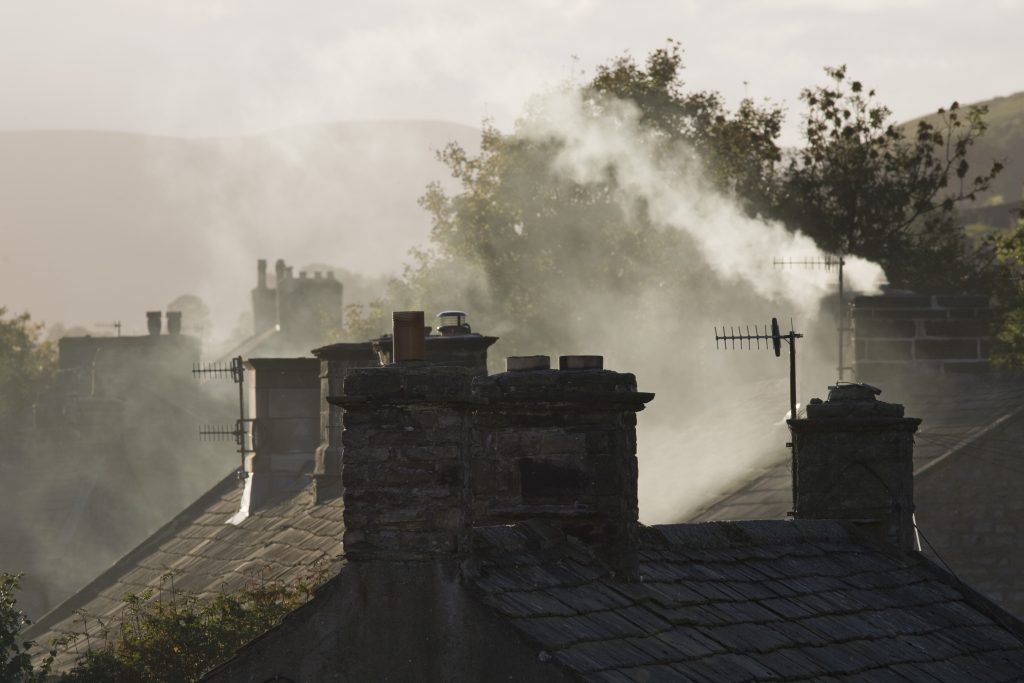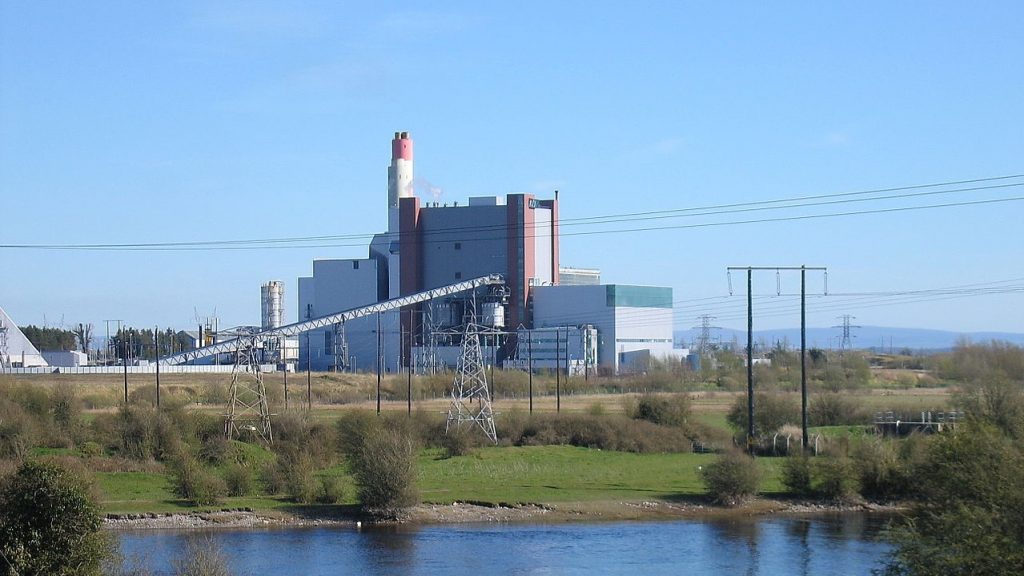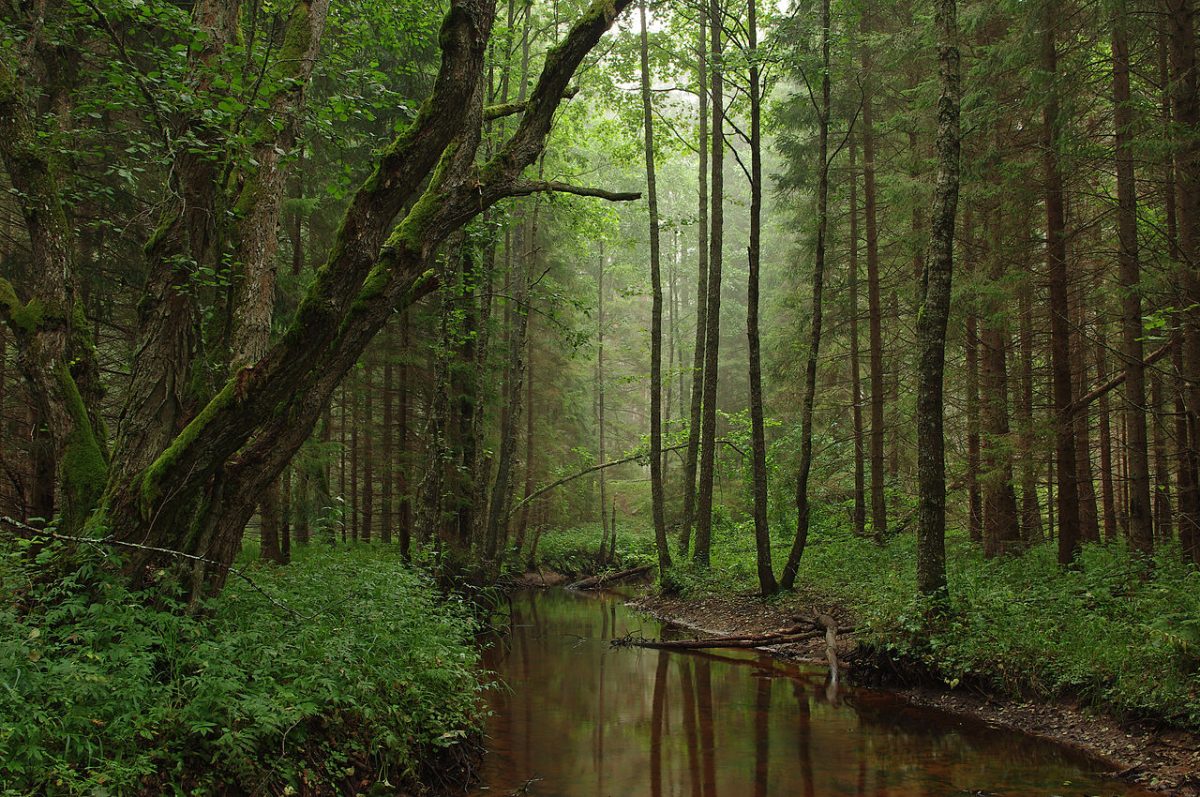‘Carbon tax can help fund just transition away from peat’

July 24th, 2019
Funds raised from the carbon tax can support the just transition away from fossil fuel dependency, the State’s climate advisory body has said.
At the launch of the Climate Change Advisory Council’s annual review this morning, council chair Professor John FitzGerald said that the burning of peat for electricity generation should come to a halt next year.
The advisory body also recommended that the Government publish a detailed plan to meet its commitment to end the burning of coal at Moneypoint by 2025.
A clear plan for a just transition for workers in the fossil fuel industry as we phase out the use of coal and peat is also required, the council says.
Yesterday, An Bord Pleanála refused permission for the ESB to convert its Shannonbridge peat plant in Co Offaly to co-fire with biomass due to environmental, climate, importation, and traffic concerns.
The ESB also planned to convert its Lough Ree station to co-fire with biomass, however, the application has been withdrawn following the plant’s indefinite shutdown over recent EPA compliance issues.
The latest developments will come as a major worry for over 300 people currently employed by both ESB and its peat supplier Bord na Mona that plans to lay off staff since the Lough Ree closure.
Prof Fitzgerald said that we also need a plan for ESB’s coal-fired Moneypoint plant that is currently running at low levels as international market pressures and high carbon prices are making it too expensive to burn coal.
Prof Fitzgerald said that the State missed a beat in not planning ahead for the phase-out of coal and peat that has been signalled for decades.
If there was appropriate planning to date, he said that there wouldn’t be such “sudden job loss” as is now expected at both semi-state bodies.

Carbon protection
Prof Fitzgerald stressed that as the power plants close, we need to ensure that those who lose their jobs and the communities they support are protected. Revenue from the carbon tax, he said, could be ring-fenced to assist in this.
Those currently in carbon-intensive jobs need to be supported with retraining and education opportunities to gain access to employment in the low-carbon economy, he said.
Prof Fitzgerald said that it is vital that the carbon tax increases to €35 per tonne in the next Budget, following by a gradual rise to at least €80 per tonne by 2030. Ring-fenced revenue, he said, should also be used to protect those on low incomes.
Last year, Prof Fitzgerald said that subsidies for biomass co-firing at Bord na Mona’s Edenderry plant should go toward a just transition fund for the Midlands.
One sector that is mooted to potentially take on staff from the Midlands facilities is the retrofitting sector. The Government’s new climate plan outlines an ambitious objective for retrofitting 500,000 homes by 2030.
Prof FitzGerald said that there is an “urgent need” to increase skillsets to deliver on this goal as the building sector is operating at near full capacity.
“The Government has the opportunity to lead by example through investment in local authority buildings and housing. This would provide certainty to businesses that there is a long-term commitment to retrofitting Ireland’s housing stock,” Prof FitzGerald added.

‘Chaotic’ restructuring
A report from May 2017 commissioned by IMPACT trade union found that up to that point policymakers had essentially ignored the potential impact on jobs of moving toward a low-carbon economy.
This misstep, the report said, could lead to a “chaotic” restructuring harming community dependent on carbon-based technologies.
In its Shannonbridge decision yesterday, the Board inspector said that the ESB has known for a number of years that support for peat burning was coming to an end and that this would “result in a significant impact on employment”.
“To use the socio-economic impact of job losses at this time is unacceptable as a significant planning issue in this application to deliver on a ‘transition’ to biomass burning,” the decision reads.
In its landmark report released in April, the Joint Oireachtas Committee on Climate Action (JOCCA) called for the State to establish a just transition taskforce focused on workers in the Midlands.
The Government’s new Climate Action Plan, however, only calls for a review group to be set up even though a similar grouping already exists under the National Economic and Social Council (NESC).

Adaptation vital
The council review outlines how Ireland is already experiencing the impacts of climate change and that adaptation measures will be required regardless of the success of national or global mitigation measures.
Prof FitzGerald said that several recent extreme weather events such as Ophelia have “exposed the vulnerabilities of our society and economy” to climate change.
“Hurricane Ophelia did a lot to advertise the issue [of climate impacts],” he said, with people also seeing impacts on power outages and food shortages.
Yet, he said, awareness of the need for adaptation and is under-recognised in current Government policy. While adaptation strategic for key sectors and local authorities are currently in the works, he said that several key areas are not being addressed.
Current plans linked to our coastal environment and the housing sector are especially lacking he said. Our current housing stock is not suited for the impacts of heatwaves, for example, Prof Fitzgerald said.
A recent report in PLoS ONE found that Dublin’s climate may resemble that of current-day Paris by mid-century. During the recent June heatwave, the French capital activated its emergency heatwave plan as high humidity levels in the city made 40C feel closer to 47C.
[x_author title=”About the Author”]







